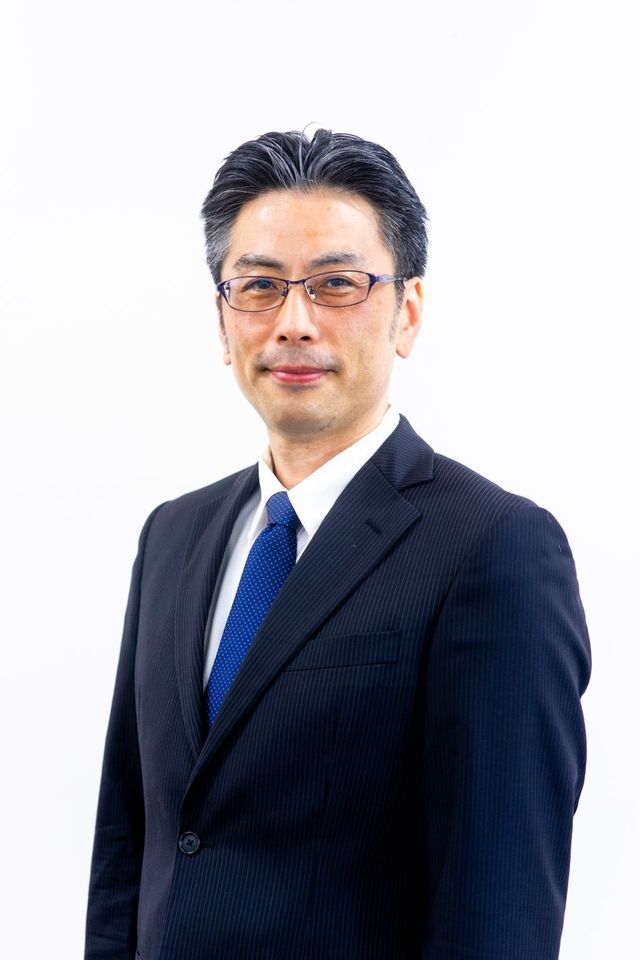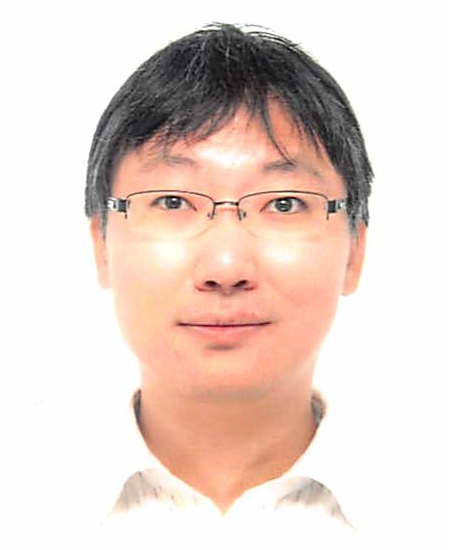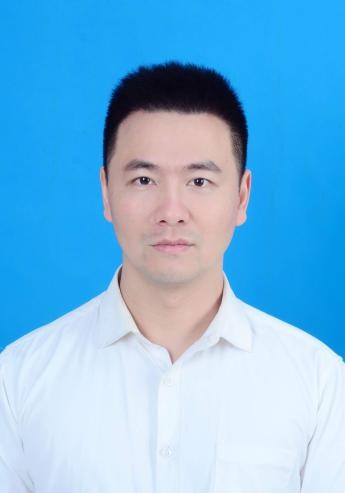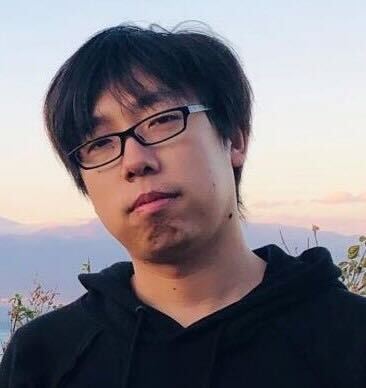Keynote Speakers
Keynote Speaker I

Prof. Nikola Kasabov (IEEE Fellow)
Auckland University of Technology, New Zealand
Professor Nikola Kasabov is Life Fellow of IEEE, Fellow of the Royal Society of New Zealand, Fellow of the INNS College of Fellows, DVF of the Royal Academy of Engineering UK. He is the Founding Director of the Knowledge Engineering and Discovery Research Institute (KEDRI), Auckland and Professor at the School of Engineering, Computing and Mathematical Sciences at Auckland University of Technology, New Zealand. He is also George Moore Chair Professor of Data Analytics at the University of Ulster UK, Honorary Professor at the Teesside University UK and the University of Auckland NZ, Visiting Professor at the Bulgarian Academy of Sciences. Kasabov is Past President of the Asia Pacific Neural Network Society (APNNS) and the International Neural Network Society (INNS). He has been a chair and a member of several technical committees of IEEE Computational Intelligence Society and Distinguished Lecturer of IEEE (2012-2014). He is Editor of Springer Handbook of Bio-Neuroinformatics, EIC of Springer Series of Bio-and Neuro-systems and co-EIC of the Springer journal Evolving Systems. He is Associate Editor of several journals, including Neural Networks, IEEE TrNN, Tr CDS, Information Sciences, Applied Soft Computing. Kasabov holds MSc and PhD from TU Sofia, Bulgaria. His main research interests are in the areas of neural networks, intelligent information systems, soft computing, bioinformatics, neuroinformatics. He has published more than 680 publications, highly cited internationally. He has extensive academic experience at various academic and research organisations in Europe and Asia, including: TU Sofia Bulgaria; University of Essex UK; University of Otago, NZ; Advisory Professor at Shanghai Jiao Tong University and CASIA China; Visiting Professor at ETH/University of Zurich and Robert Gordon University UK; Visiting Scholar at University of Dalian, China. Kasabov has received a number of awards, among them: Doctor Honoris Causafrom Obuda University, Budapest; INNS Ada Lovelace Meritorious Service Award; NN Best Paper Award for 2016; APNNA ‘Outstanding Achievements Award’; INNS Gabor Award for ‘Outstanding contributions to engineering applications of neural networks’; EU Marie Curie Fellowship; Bayer Science Innovation Award; APNNA Excellent Service Award; RSNZ Science and Technology Medal; 2015 AUT Medal; Honorary Member of the Bulgarian, the Greek and the Scottish Societies for Computer Science (https://academics.aut.ac.nz/nkasabov).
Keynote Speaker II

Prof. Toshihiko Yamasaki
The University of Tokyo, Japan
Toshihiko Yamasaki received the B.S. degree in electronic engineering, the M.S. degree in information and communication engineering, and the Ph.D. degree from The University of Tokyo. He is currently a Professor at Department of Information and Communication Engineering, Graduate School of Information Science and Technology, The University of Tokyo. He was a JSPS Fellow for Research Abroad and a visiting scientist at Cornell University from Feb. 2011 to Feb. 2013. His current research interests include attractiveness computing, multimedia, computer vision, pattern recognition, and so on. Dr. Yamasaki is a member of IEEE, ACM, AAAI, IEICE, ITE, IPSJ, and JSAI.
Invited Speakers
Invited Speaker I

Assoc. Prof. Jiyi Li
Hokkaido University, Japan
Jiyi Li received the Ph.D. degree from the Graduate School of Informatics, Kyoto University, Japan. He is currently an Associate Professor with the Graduate School of Information Science and Technology, Hokkaido University, Japan. His research interests include crowdsourcing and human computation, data mining, natural language processing, data engineering, and multimedia. He has published more than 90 papers in major international conferences and journals including AAAI, IJCAI, WWW, SIGIR, ACL, EMNLP, MM, CIKM and ICASSP. He received the 19th DBSJ Kambayashi Young Researcher Award from the Database Society of Japan.
Invited Speaker II

Assoc. Prof. Kazuya Ueki
Meisei University, Japan
He received a B.S. in Information Engineering in 1997, and an M.S. in the Department of Computer and Mathematical Sciences in 1999, both from Tohoku University, Sendai, Japan. In 1999, he joined NEC Soft, Ltd., Tokyo, Japan. He was mainly engaged in research on face recognition. In 2007, he received a Ph.D. from Graduate School of Science and Engineering, Waseda University, Tokyo, Japan. In 2013, he became an Assistant Professor at Waseda University. He is currently an Associate Professor in the School of Information Science, Meisei University. His current research interests include pattern recognition, video retrieval, character recognition, and semantic segmentation. He is currently working on the video retrieval evaluation benchmark (TRECVID) sponsored by the National Institute of Standards and Technology (NIST), contributing to the development of video retrieval technology. In 2016, 2017, and 2022, his submitted systems achieved the highest performance in the TRECVID AVS task.
Invited Speaker III

Assistant Professor Dr. Guoming Wang
Zhejiang University, China
Dr. Wang is an Assistant
Professor at Zhejiang University, specializing in
multimodal intelligence, privacy-preserving machine
learning, and AI-driven healthcare applications. He
earned his Ph.D. in 2020 from Nanyang Technological
University (Singapore), where his doctoral research
focused on advanced privacy technologies, including
cryptographic protocols, differential privacy,
homomorphic encryption, and their implementation in
secure electronic medical systems.
Since joining Zhejiang University in 2020, Dr. Wang
has pioneered research in multimodal machine
learning and retrieval-augmented large language
models, with an emphasis on enhancing AI reasoning
capabilities. His academic excellence is reflected
in over 20 publications at top-tier venues such as
CVPR, AAAI, ACM Multimedia (ACM MM), COLING, and
IEEE Global Communications Conference (GLOBECOM),
and his recent recognition as an Industry Expert at
ACM MM 2024.
Translating Research into Impact:
Dr. Wang leads AI-driven medical initiatives that
bridge cutting-edge technology with clinical
practice:
*Developed an AI-powered healthcare system adopted
by 20+ hospitals.
*Designed intelligent platforms enabling 20+
physicians to advance research in disease prediction
for complex conditions including migraine,
pancreatic cancer, cardiovascular disorders,
pulmonary infections, and diabetic nephropathy
through multimodal learning.
His work exemplifies a commitment to advancing both
theoretical frontiers of machine learning and their
transformative applications in global healthcare.
Invited Speaker IV

Senior Research Scientist Dr. Junshi Xia
RIKEN Center for Advanced Intelligence Project (AIP), Japan
Dr. Junshi Xia received the B.S. degree in Geographic Information Systems and the Ph.D. degree in Photogrammetry and Remote Sensing from the China University of Mining and Technology, Xuzhou, China, in 2008 and 2013, respectively, and a Ph.D. degree in Image Processing from the Grenoble Images Speech Signals and Automatics Laboratory, Grenoble Institute of Technology, Grenoble, France, in 2014. From 2014 to 2015, he was a Visiting Scientist at the Department of Geographic Information Sciences, Nanjing University, Nanjing, China. From 2015 to 2016, he served as a Postdoctoral Research Fellow at the University of Bordeaux, Bordeaux, France. Between 2016 and 2018, he was a Japan Society for the Promotion of Science (JSPS) Postdoctoral Overseas Research Fellow at the University of Tokyo, Tokyo, Japan. Since 2018, he has been with the RIKEN Center for Advanced Intelligence Project (AIP), Tokyo, where he is currently a Senior Research Scientist. His research interests include multiple classifier systems in remote sensing, hyperspectral remote sensing image processing, and deep learning applications in remote sensing. Dr. Xia received first place in the IEEE Geoscience and Remote Sensing Society Data Fusion Contest organized by the Image Analysis and Data Fusion Technical Committee in 2017. Since 2019, he has served as an Associate Editor for the IEEE Geoscience and Remote Sensing Letters (GRSL), Remote Sensing, and Frontiers in Remote Sensing, as well as a Guest Editor for Remote Sensing and the IEEE Journal of Selected Topics in Applied Earth Observations and Remote Sensing (JSTARS).
Speech Title: Mapping
High-resolution Land Cover Products Anywhere
Speech Abstract: High-resolution land cover
mapping plays a vital role in urban planning,
environmental monitoring, and disaster management.
This work introduces OpenEarthMap (OEM), a global
benchmark dataset for sub-meter land cover mapping,
containing 5,000 satellite/aerial images from 97
regions in 44 countries, annotated into eight
classes with over 2.2 million spatially detailed
segments. OEM enables fair evaluation across diverse
geographies and supports research in semantic
segmentation, domain adaptation, and few-shot
learning. We present benchmark results of
state-of-the-art (SOTA) models, develop lightweight
architectures for resource-constrained environments,
and propose the UDA-NAS framework for addressing
distributional shifts. Extensions include OEM-SAR
for all-weather mapping and BRIGHT for multimodal
building damage mapping. Furthermore, we introduce
the world’s first globally applicable, open-source
submeter-resolution 3D land cover mapping technology
from monocular imagery, supported by a large-scale
synthetic dataset (SynRS3D) and a multi-task
unsupervised domain adaptation method. Collectively,
these contributions establish a comprehensive
foundation for accurate, scalable, and resilient
high-resolution land cover mapping worldwide.